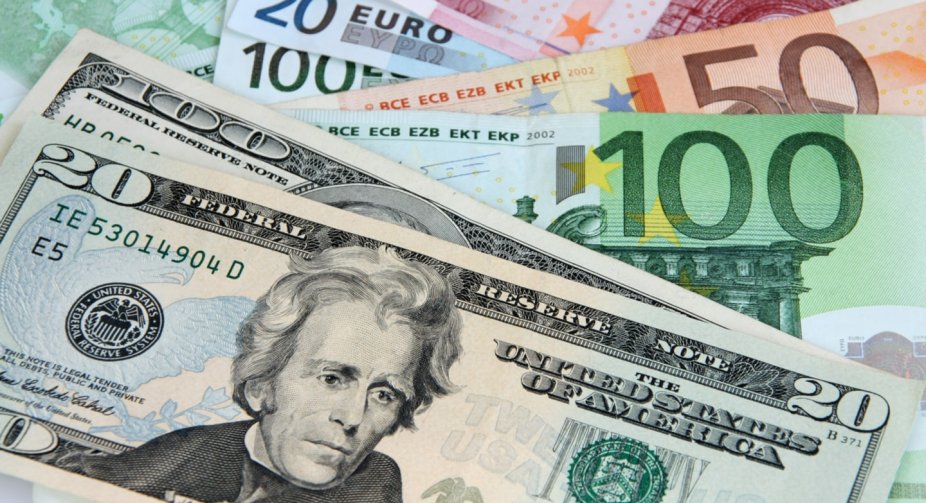The rush for dollars amid rising global recession risks has hurt other currencies, and the euro has been hit the hardest. Analysts predict that the single currency, which has reached its lowest level since 2002, will soon fall to parity.
That's what Reuters reports.
The euro is seen as particularly vulnerable, given the heavy dependence of Germany, Italy and other countries on Russian gas, and fears that a significant increase in European Central Bank interest rates could trigger a new eurozone debt crisis.
"All of this means that the euro will fall further, and the markets are beginning to realize this. We are aiming for parity, and the question is whether this is too small a move or whether it could go lower. We think it's possible," said Jordan Rochester, currency strategist at Nomura Securities.
The euro has lost 10 percent against the dollar this year and at $1.0238 is close to the psychologically important parity point it last reached in mid-2002, when the currency was just three years old.
It also hit a new seven-year low against the Swiss franc and fell against the pound and the yen, but so far few analysts are willing to talk about hitting bottom.
Energy Crisis
Rising gas prices and warnings of significant supply cuts from Russia are raising fears of a major energy crisis in Europe this winter.
Natural gas prices have doubled from their June lows and are up 465% from last year. A pipeline maintenance scandal erupted between Russia and Germany. The eurozone imported about 40 percent of its energy needs from Russia shortly before the Ukraine invasion began.
Recession Risks.
Economists expect the eurozone to slide into recession faster than its competitors. Nomura expects the euro economy to fall into recession by the third quarter with an overall GDP decline of 1.7 percent.
The surge in bond yields further increases recession risks. Over the past two weeks, government borrowing costs in Europe have risen faster than in the U.S., indicating a more rapid tightening of financial conditions.
"The recession risks and lower growth in Europe that we're seeing are driving these euro moves," said Grace Peters, head of investment strategy at JPMorgan Private Bank in EMEA.
The falling euro is another headache for the European Central Bank (ECB), which is struggling with record high inflation as the weak currency fuels import prices.
The ECB's François Villrois de Galleau, speaking in May before the latest downturn, said the euro's weakness made it difficult to meet the 2% inflation target.
The ECB is expected to begin raising rates this month, the first increase since 2011.
However, soaring energy prices are increasing the risk of a recession, so money markets have rolled back aggressive bets on rate hikes.
